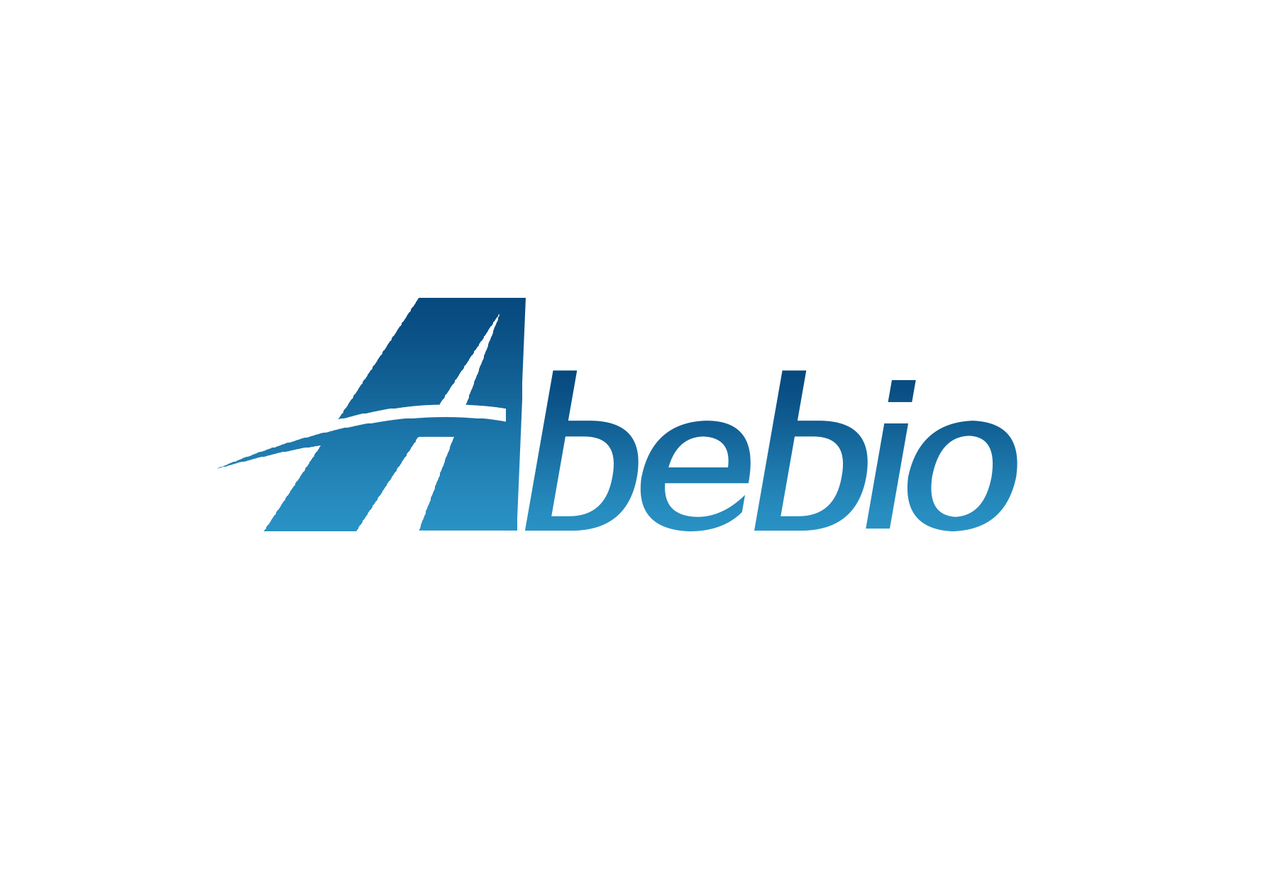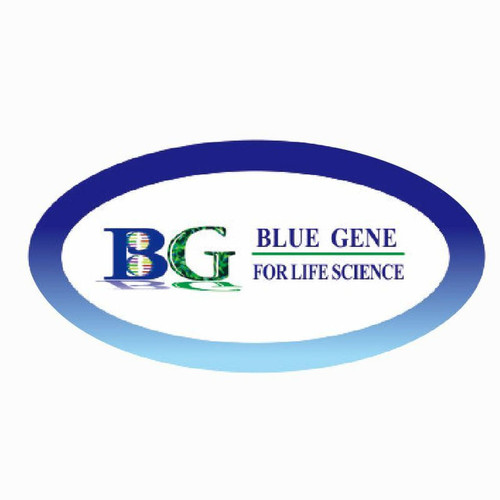Product Description
Pig Anti-neutrophil elastase antibody (ANEA) ELISA Kit | AE62685PI | Abebio
Species Reactivity: Pig (Sus scrofa; Porcine)
Abbreviation: ANEA
Alternative Name: N/A
Application: ELISA
Range: Request Information
Sensitivity: Request Information
Intra-Assay: ≤4.7%
Inter-Assay: ≤9.7%
Recovery: 0, 94
Sample Type: Serum, Plasma, Other biological fluids
Detection Method: Competitive ELISA
Analysis Method : Qualitative
Test Principale: This assay employs the competitive enzyme immunoassay technique. The microtiter plate provided in this kit has been pre-coated with an antibody specific to ANEA. Standards or samples are then added to the appropriate microtiter plate wells with a Horseradish Peroxidase (HRP) -conjugated ANEA and incubated. The competitive inhibition reaction is launched between with HRP labeled ANEA and unlabeled ANEA with the antibody. A substrate solution is added to the wells and the color develops in opposite to the amount of ANEA in the sample. The color development is stopped and the intensity of the color is measured.
Product Overview: Neutrophil elastase (NE) is a causative factor of various inflammatory diseases, including emphysema and rheumatoid arthritis. Induced by endotoxins NE may play a role in the regulation of the antiproteinase (including SLPI and Elafin/SKALP) screen in the lung and the formation of a protective surface at the epithelial site. The antibody labels neutrophils and neutrophil precursors, and also reacts with a minor population of blood monocytes. Neoplastic cells in about 70% of acute myeloid leukaemias are labelled by the antibody, and it is a useful supplement to other antibodies to myeloid markers in the differential identification of acute myeloid leukaemias and extramedullary myeloid cell tumours. Differential identification is aided by the results from a panel of antibodies and traditional histological and enzyme cytochemical methods. Interpretation must be made within the context of the patient’s clinical history and other diagnostic tests by a qualified pathologist.
Stability: The stability of ELISA kit is determined by the loss rate of activity. The loss rate of this kit is less than 5% within the expiration date under appropriate storage condition. The loss rate was determined by accelerated thermal degradation test. Keep the kit at 37°C for 4 and 7 days, and compare O.D.values of the kit kept at 37°C with that of at recommended temperature. (referring from China Biological Products Standard, which was calculated by the Arrhenius equation. For ELISA kit, 4 days storage at 37°C can be considered as 6 months at 2 - 8°C, which means 7 days at 37°C equaling 12 months at 2 - 8°C) .
 Euro
Euro
 USD
USD
 British Pound
British Pound
 NULL
NULL








